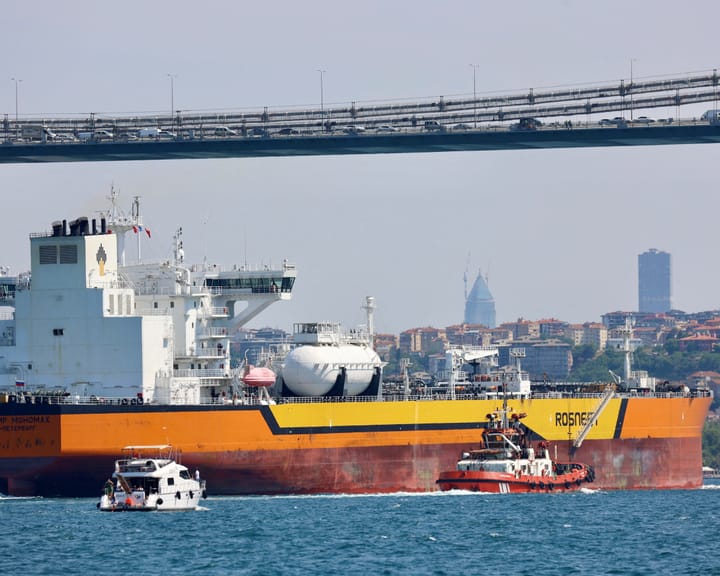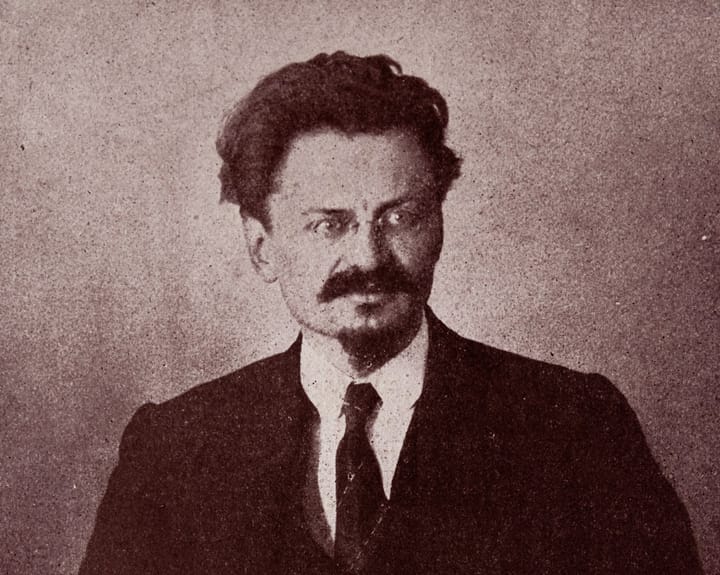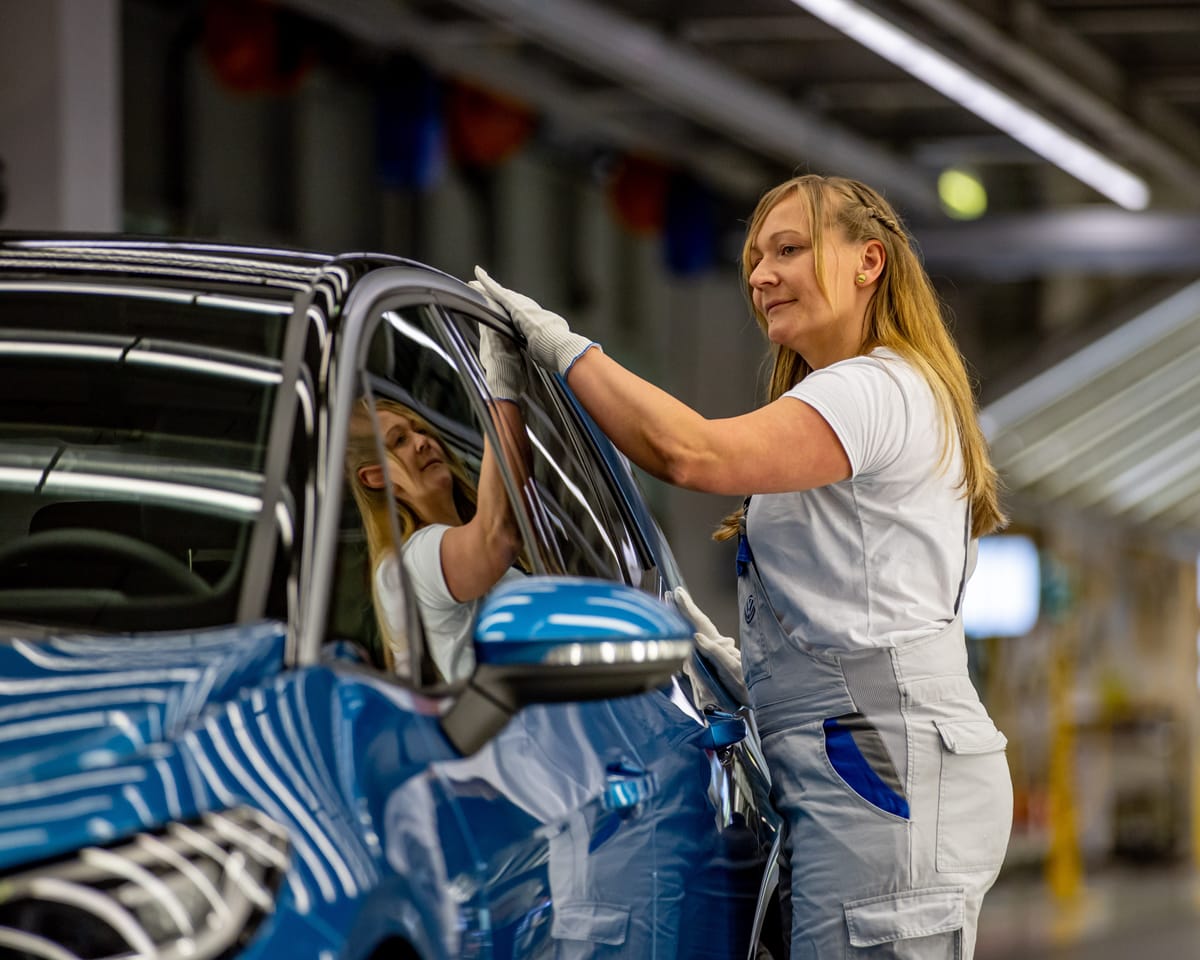Volkswagen will temporarily halt operations at two of its German facilities due to declining interest in fully electric vehicles.
The automaker will suspend production for one week in mid-October in Dresden, as well as at its electric vehicle (EV) factory in Zwickau, which manufactures six EV models for Volkswagen, Audi, and Cupra.
Additionally, work hours will be reduced by one day per week at a third plant in Osnabrück, Lower Saxony.
The move by a company often seen as a pillar of Germany’s industrial strength may signal challenges for the European Union’s goal of transitioning to electric mobility within the next decade.
Adjustments are also being weighed at a fourth plant in Emden, where the ID.4 and ID.7 are produced.
Zwickau, once known for combustion-engine vehicles, shifted entirely to EV manufacturing after its last gasoline-powered car was assembled in 2020, marking the end of 116 years of traditional production, including the iconic Trabant before Germany’s reunification.
Stellantis, the parent company of Fiat and Peugeot, has also announced pauses at several European factories, citing similar market conditions.
A Volkswagen representative stated, “Production schedules are being adjusted to align with current demand for models across our facilities. Some plants will see shifts canceled in the coming weeks, while others may introduce additional shifts.”
Meanwhile, extra weekend shifts will be scheduled at Volkswagen’s Wolfsburg facility, the historic center of its operations and combustion-engine vehicle output.
Last month, EV sales slowed while hybrid sales surged, reflecting persistent consumer concerns over driving range and charging accessibility.
Figures from the European Automobile Manufacturers’ Association indicate strong EV adoption in Norway but slower uptake elsewhere in Europe. Southern Europe, where charging infrastructure remains limited, shows especially low demand.
Currently, electric vehicles account for just 16% of new car purchases, with hybrids at 37%.
Chinese automakers are gaining ground in Europe, with sales of the BYD brand rising by nearly 250% in the first eight months of this year compared to the same period in 2024.
Last week, Volkswagen CEO Oliver Blume noted that manufacturers are facing “significant shifts,” with “a noticeable decline in demand for battery-electric cars.”
Though the company’s ID series ranks among the EU’s best-selling EVs, the ID.4 has been particularly affected by U.S. tariffs introduced under former President Donald Trump.
According to Volkswagen, nearly half of its global EV registrations originate from the Zwickau plant.
Read next

"Nations weigh halting Russian oil and gas purchases as Trump sanctions take quick effect"
Donald Trump’s efforts to mediate peace in Ukraine may hinge on one critical issue: can the U.S. leader persuade nations to reduce their reliance on Russia’s energy exports?
Recently, Trump introduced sanctions against two of Russia’s biggest oil firms, Rosneft and Lukoil, aiming to weaken Moscow’

"Risks of centrist economics in a divided world"
Navigating the economic landscape as a centrist thinker is challenging in today’s politically charged environment, where every viewpoint is quickly categorized into rigid ideological positions. A sentiment often linked to Leon Trotsky applies here—centrist economists may avoid conflict, but conflict finds them regardless.
Take, for example, my 2016

"Bloomsbury head suggests AI aids writers in overcoming block"
Artificial intelligence may assist authors in overcoming creative hurdles, according to the head of the publishing company Bloomsbury.
Nigel Newton, founder and chief executive of the firm behind the *Harry Potter* series, suggested that while AI could support various creative fields, it would not replace well-known writers entirely.
"AI

